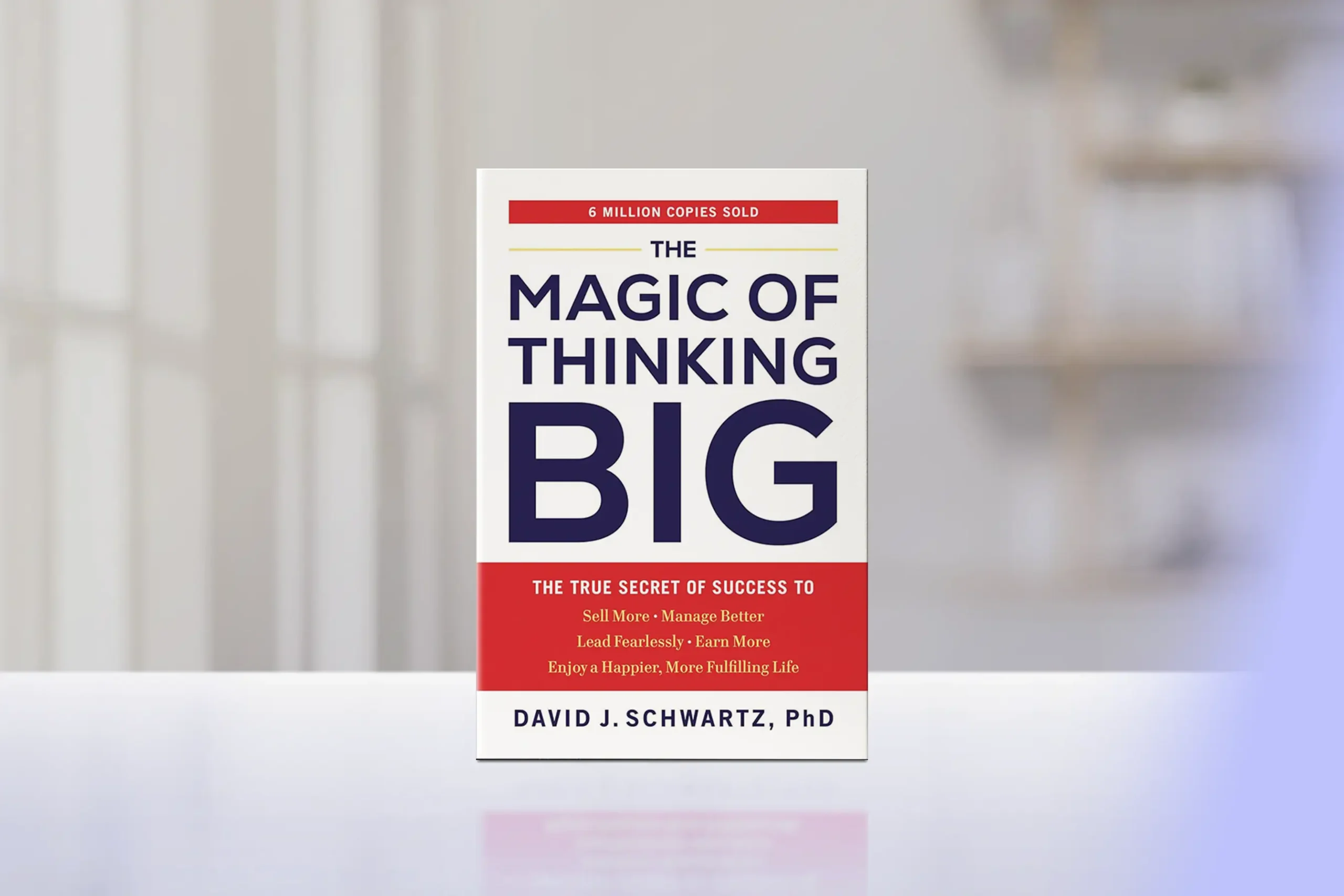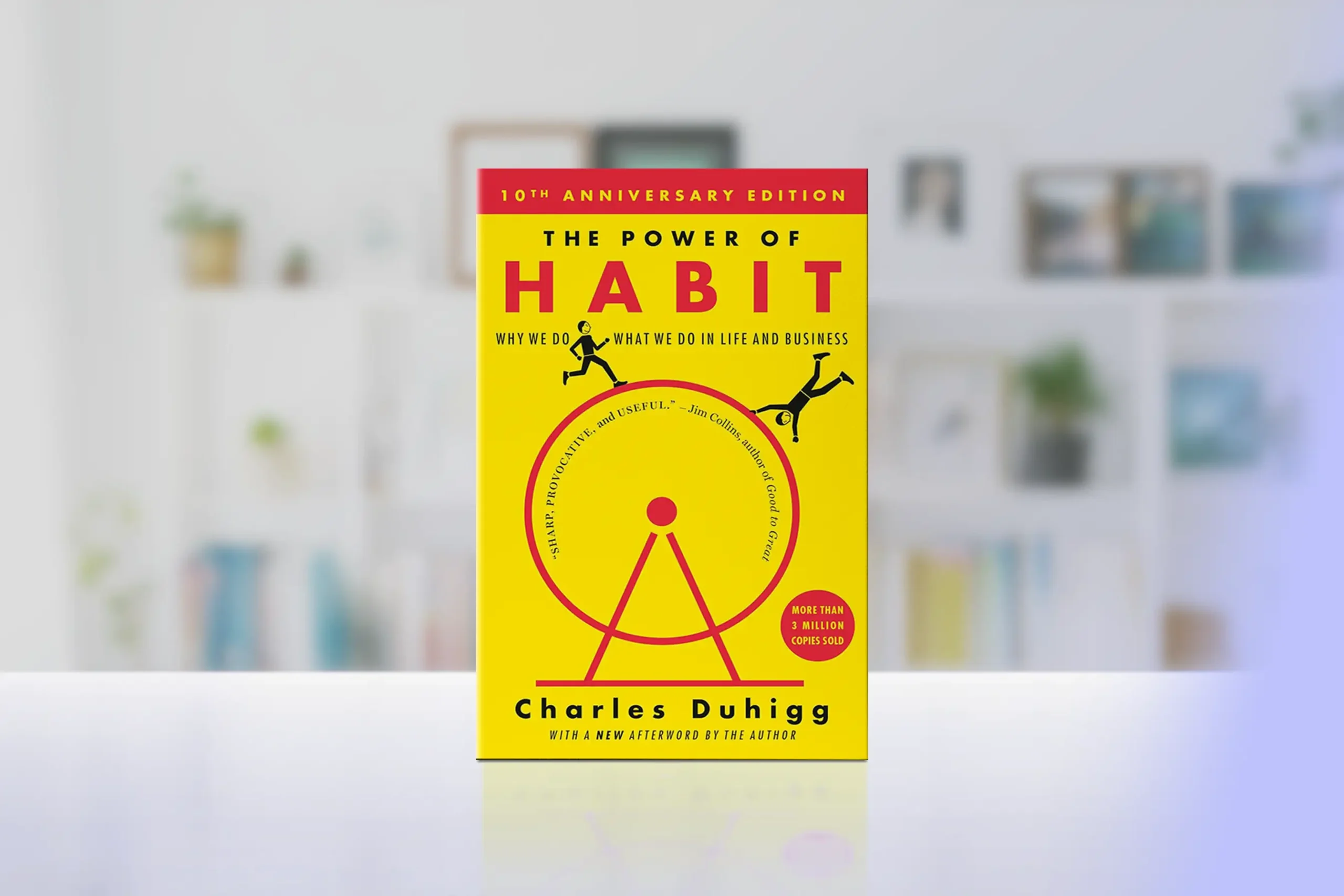Life doesn’t always go according to plan. Setbacks, failures, and unexpected challenges are inevitable—but how we respond defines who we become. Building resilience is more than “toughing it out”; it’s developing the mindset, habits, and strategies that allow us to recover, adapt, and grow stronger. This article explores practical ways to cultivate resilience so you can navigate life’s difficulties with confidence and purpose.
Inside this article:

1. What Building Resilience Really Means
Here’s something that might surprise you: resilient people experience stress, disappointment, and pain just as intensely as everyone else. The difference isn’t in what happens to them—it’s in what happens next.
Resilience isn’t about being unbreakable or maintaining constant positivity. It’s your psychological immune system—the capacity to process difficulty and move forward. Think of it as the time between falling and standing back up, not the absence of falling altogether.
Research from the American Psychological Association defines resilience as “the process of adapting well in the face of adversity, trauma, tragedy, threats, or significant sources of stress.” Notice the word “process“—this isn’t a trait you’re born with. It’s a skill you develop.
Resilience operates on four levels:
- Mental resilience: How you frame and interpret challenges
- Emotional resilience: Your capacity to process feelings without being overwhelmed
- Physical resilience: Your body’s ability to manage stress and maintain energy
- Social resilience: The support systems you can draw upon during hardship
The most resilient people don’t excel in all four areas naturally—they deliberately develop them.
For deeper exploration of how mindset shapes resilience, read Cultivating a Growth Mindset: Transforming Challenges into Opportunities.
Core Insight: Resilience isn’t about avoiding adversity; it’s about developing the capacity to navigate it effectively. The practices you build during calm periods become your lifeline during storms.
2. Why We Struggle to Bounce Back
Why do some people seem to recover from setbacks effortlessly while others get stuck for months or years? The answer lies in invisible barriers we’ve internalized—mental patterns that sabotage our resilience without our awareness.
The Five Hidden Barriers to Building Resilience
- Catastrophic Thinking. Your mind, trying to protect you, scans for worst-case scenarios. One setback becomes evidence that “everything always goes wrong.” This cognitive distortion transforms temporary difficulties into permanent catastrophes. Notice the difference: “I didn’t get the promotion” versus “I’ll never advance in my career.” One is a fact; the other is a catastrophe.
- Identity Fusion. When your identity becomes inseparable from your circumstances—your job title, relationship status, or achievements—any threat to those circumstances feels like an existential crisis. A project fails, and instead of thinking “that approach didn’t work,” you conclude “I’m a failure.”
- Avoidance Patterns. Here’s where conventional wisdom gets it backwards: trying to “stay positive” and avoid difficult emotions often extends suffering. Research from UC Berkeley shows that people who acknowledge and process difficult emotions recover faster than those who suppress them.
- Isolation Tendency. There’s a pervasive myth that strong people handle things alone. Yet Harvard’s 80-year study on adult development found that relationship quality was the single strongest predictor of resilience during hardship.
- Purpose Deficit. Without a clear sense of purpose—a “why” that transcends immediate circumstances—setbacks feel meaningless and random. Purpose provides the context that makes difficulty bearable.
Remember This: Your barriers to resilience aren’t character flaws—they’re learned patterns. And anything learned can be unlearned. Awareness is the first step toward change.
3. The Science Behind Resilience
What if I told you that your brain’s response to stress can be rewired in as little as eight weeks?
Neuroscience research published in Nature Neuroscience reveals that resilience training literally reshapes neural pathways, changing how your brain processes adversity. This isn’t motivational fluff—it’s measurable brain change.
The Neuroscience of Bouncing Back
When you face a threat, your amygdala (your brain’s alarm system) activates your stress response. In resilient individuals, the prefrontal cortex—responsible for executive function and emotional regulation—maintains communication with the amygdala, allowing for perspective and choice rather than pure reaction.
The fascinating part? These patterns aren’t fixed. Specific practices can strengthen these neural connections.
The Psychological Framework
Psychologist Martin Seligman’s research on learned optimism identified three cognitive dimensions that determine resilience:
1. Permanence: Resilient thinkers view setbacks as temporary, not permanent
2. Pervasiveness: They see challenges as specific, not global
3. Personalization: They maintain balanced attribution, recognizing both their role and external factors
Research from the University of Pennsylvania’s Positive Psychology Center shows that people who view setbacks as temporary recover 40% faster than those who see them as permanent.
The Biochemistry of Recovery
Your physical state profoundly impacts your mental resilience. Chronic stress floods your system with cortisol, impairing cognitive function. Movement metabolizes stress hormones while releasing endorphins, dopamine, and serotonin—your brain’s natural resilience chemicals.
A study in the Journal of Psychiatric Research found that individuals maintaining consistent physical activity during difficult transitions showed 60% better mental health outcomes.
Explore the mind-body connection further: The Mind-Body Connection: Holistic Approaches to Personal Development.
Key Takeaway: Resilience has a biological foundation that you can actively strengthen. Your brain, body, and mindset work together—change one, and you influence all three.

4. Practical Ways to Build Resilience
Knowledge without application is just interesting information. Let’s make this concrete with practices that actually strengthen your bounce-back capacity.
Mental Resilience: The Four Cognitive Shifts
- From Permanent to Temporary Instead of: “Things will always be this difficult” Practice: “This phase is challenging, but it won’t last forever”
- From Global to Specific Instead of: “I’m a failure” Practice: “This project didn’t succeed”
- From Internal to Balanced Instead of: “It’s all my fault” Practice: “Multiple factors contributed, including some outside my control”
- From Fixed to Growth Instead of: “I failed” Practice: “I gathered valuable data”
Daily practice: When you notice catastrophic thinking, pause and ask: “What else could be true?”
Emotional Resilience: Rain Technique
- Recognize: Name the emotion precisely (“disappointed, scared, and angry” not just “bad”)
- Allow: Let it be present without trying to fix it
- Investigate: Notice where you feel it in your body
- Nurture: Speak to yourself as you would a good friend
For acute overwhelm: Box breathing—inhale 4 counts, hold 4, exhale 4, hold 4. This activates your parasympathetic nervous system, shifting you from reaction to response.
Physical Resilience: 20 min Resilience Routine:
- 5 minutes: Movement (walk, stretch, or dance)
- 10 minutes: Voluntary discomfort training (cold shower ending, challenging exercise)
- 5 minutes: Stillness (meditation or deep breathing)
Why voluntary discomfort? When you consciously choose discomfort and regulate your response, you’re training the exact neural pathways you’ll need during involuntary hardship.
Social Resilience: Mobilizing Support
Strong relationships buffer against adversity—build your support network before crisis hits, and practice asking for help with specific requests rather than suffering in isolation.
For managing difficult emotions: Understanding and Managing Anxiety in Daily Life.
What Matters Most: Resilience isn’t built through one heroic practice—it’s cultivated through small, consistent actions across mental, emotional, physical, and social dimensions. Start with one practice from each area.
5. The Long-Term Benefits of Building Resilience
Think about someone you know who seems unshakeable. What if I told you their composure isn’t luck or genetics—it’s the accumulated result of consistently practicing resilience?
- Enhanced Emotional Stability: Each time you navigate difficulty successfully, you’re building evidence for your brain: “I can handle this.” Challenges that once felt catastrophic begin to feel manageable.
- Better Decision-Making: Resilient people make better decisions under pressure because they can access their prefrontal cortex (rational thinking) even when their amygdala (fear center) is activated.
- Deeper Relationships: Appropriate vulnerability—the kind developed through resilience practice—deepens connections. Research by Dr. Brené Brown shows that sharing struggles authentically actually strengthens relationships.
- Career Advancement: A study tracking professionals over 10 years found that resilience was a stronger predictor of career success than IQ, education, or initial job performance. Why? Because resilient people take calculated risks, recover from failures faster, and adapt to changing circumstances.
- Purpose Clarity: Navigating difficulty forces you to examine what truly matters. Viktor Frankl discovered that people who maintained purpose demonstrated remarkable resilience even in unimaginable conditions. His work revealed that purpose acts as a psychological anchor during chaos.
- Physical Health: Chronic stress suppresses immune function and contributes to numerous health issues. Resilient individuals experience the same stressors but process them more efficiently, leading to measurably better health outcomes.
The Ripple Effect
Perhaps most powerful: your resilience impacts everyone around you. Children learn it by watching adults navigate difficulty. Teams adopt it from leaders who model recovery. Communities strengthen when members demonstrate that setbacks aren’t endings.
Discover how purpose strengthens resilience: Purpose and Resilience: How Having a “Why” Helps You Overcome Challenges.
The Bottom Line: Resilience isn’t just about surviving hardship—it’s about who you become through the process. Every challenge you navigate effectively builds resources you’ll draw on for the rest of your life.

6. Your 30-Day Resilience Plan
Strategy without implementation is just intention. Let’s create your actionable resilience plan.
Week 1: Establish Your Baseline
- Daily practice: 5-minute morning routine (2 minutes breathing, 3 minutes intention-setting)
- Weekly challenge: Identify which resilience barrier affects you most
- Reflection prompt: “How do I typically respond when things don’t go according to plan?”
Week 2: Cognitive Reframing
- Daily practice: Catch one catastrophic thought and reframe using the four cognitive shifts
- Weekly challenge: Journal about a past setback—practice viewing it through the lens of growth
- Track: Notice how reframing changes your emotional state
Week 3: Physical & Emotional Integration
- Daily practice: 20-minute resilience routine (movement + voluntary discomfort + stillness)
- Weekly challenge: Use the RAIN technique once when difficult emotions arise
- Notice: The connection between physical state and emotional capacity
Week 4: Connection & Purpose
- Daily practice: Reach out to one person in your support network
- Weekly challenge: Write or refine your purpose statement—your “why” beyond circumstances
- Final reflection: “How has my relationship with difficulty shifted this month?”
Quick Tools for Difficult Moments
When overwhelmed, use this sequence: name the emotion, practice box breathing for 2 minutes, focus only on the next hour, and take one small controllable action. When facing setbacks, give yourself 24-48 hours to feel without making major decisions, then extract lessons and identify one forward step.
Remember This: Resilience is built in small moments of choice—choosing perspective over panic, connection over isolation, growth over victimhood. Every practice you implement is making you more capable of facing whatever comes next.
Your Journey Begins Now
Building resilience isn’t comfortable—it requires feeling more, not less. Being honest, not guarded. Practicing vulnerability when instinct screams for protection. But you are far more capable than you realize. Resilience isn’t about becoming unbreakable. It’s about knowing you can put yourself back together.
Your Next Steps:
- Choose one cognitive reframing practice and use it this week
- Establish a 5-minute morning breathing routine starting tomorrow
- Identify 2-3 people for your support network and reach out to one
- Journal about one past setback through the lens of growth
- Commit to the 30-day resilience foundation plan
- Revisit this article when facing your next challenge
The power isn’t in perfection; it’s in beginning. What small step will you take today?
Related articles
The Power of a Growth Mindset: Strategies for Future Success
Embrace challenges and accelerate your personal growth with this powerful mindset shift.
Overcoming Limits: How to Unlock Your Full Potential
Overcome self-imposed limitations and achieve more than you ever thought possible.
Mastering Personal Growth: Setting and Achieving Your Goals
Learn how to set and achieve ambitious goals in all areas of your life.
Shaping Your Future: A Roadmap to Personal Development Success
Create a comprehensive plan for continuous growth and lifelong success.
Further reading
“The Confidence Code” by Katty Kay and Claire Shipman
Explores the science and art of self-assurance, directly supporting the article’s focus on building confidence.
“Daring Greatly” by Brené Brown
Discusses vulnerability and its role in building courage and resilience, connecting to the article’s themes of self-acceptance and growth.
“The Power of Positive Thinking” by Norman Vincent Peale
Offers strategies for maintaining an optimistic outlook, supporting the article’s emphasis on cultivating a positive self-image.
“You Are a Badass” by Jen Sincero
Provides motivational strategies for overcoming self-doubt, aligning with the article’s focus on building self-confidence.





